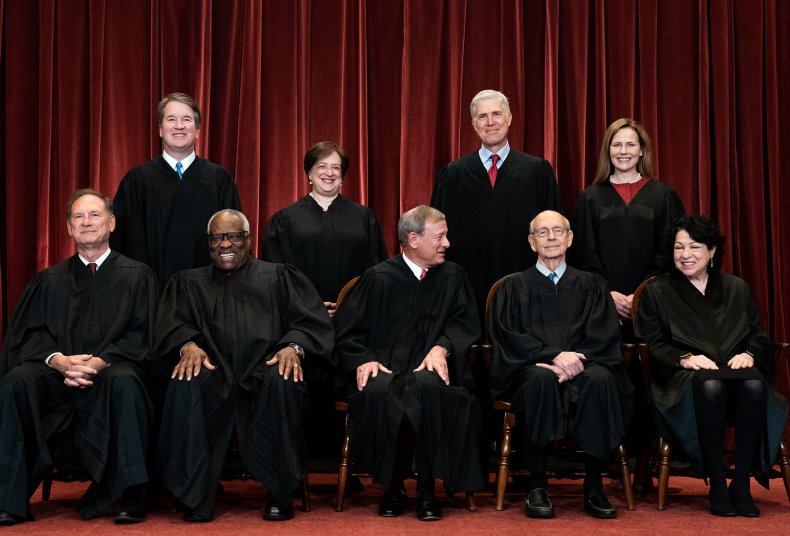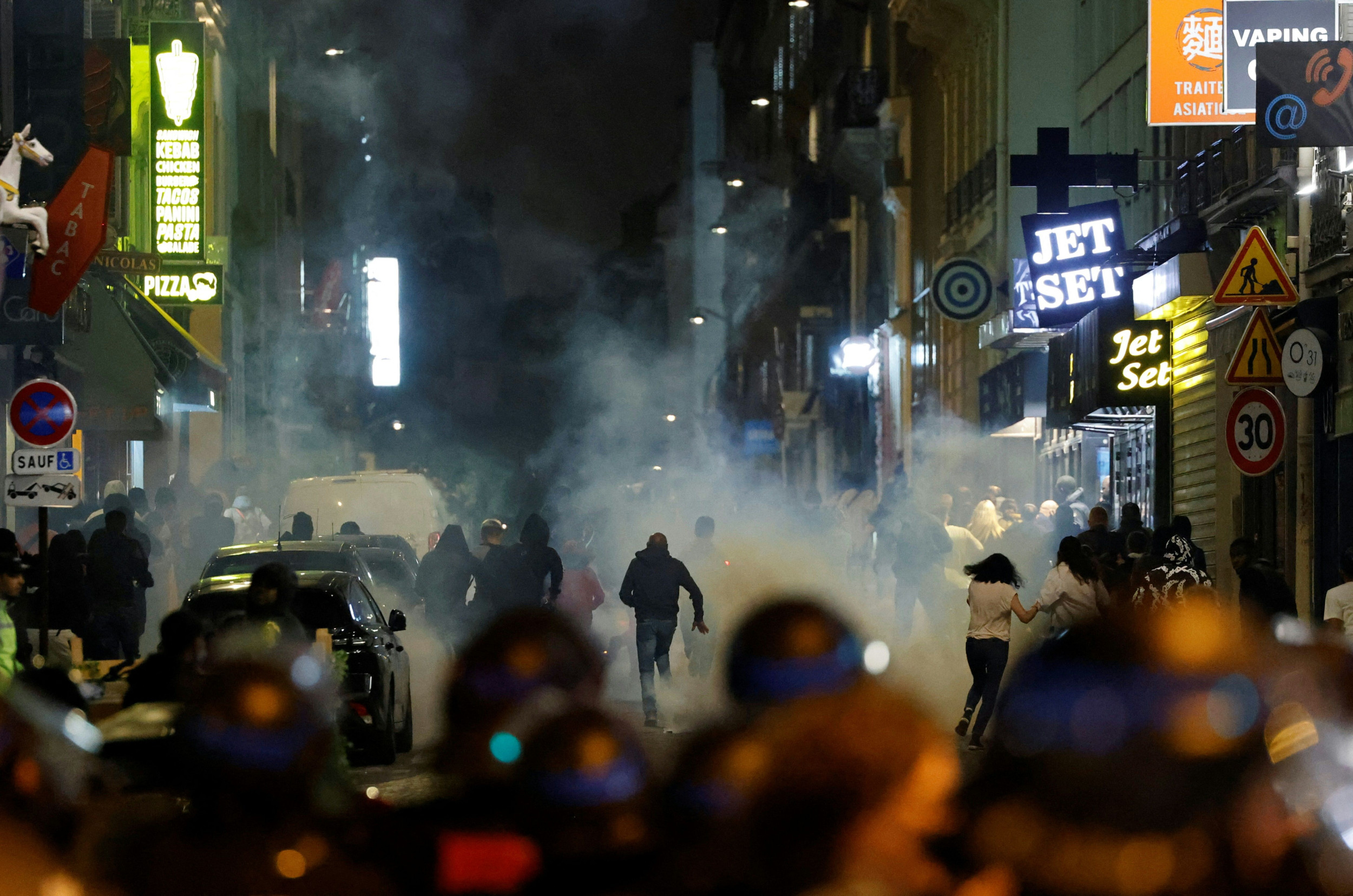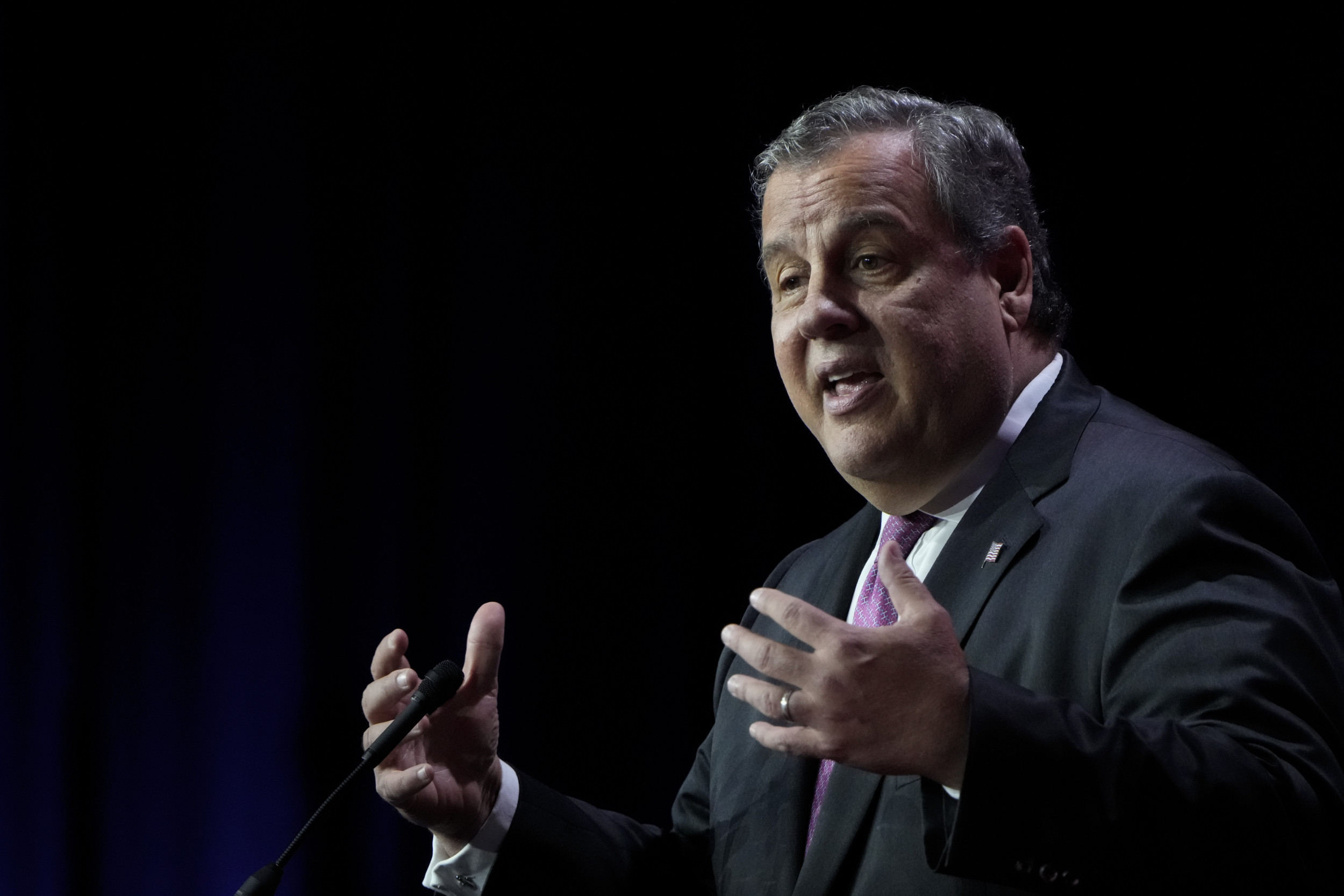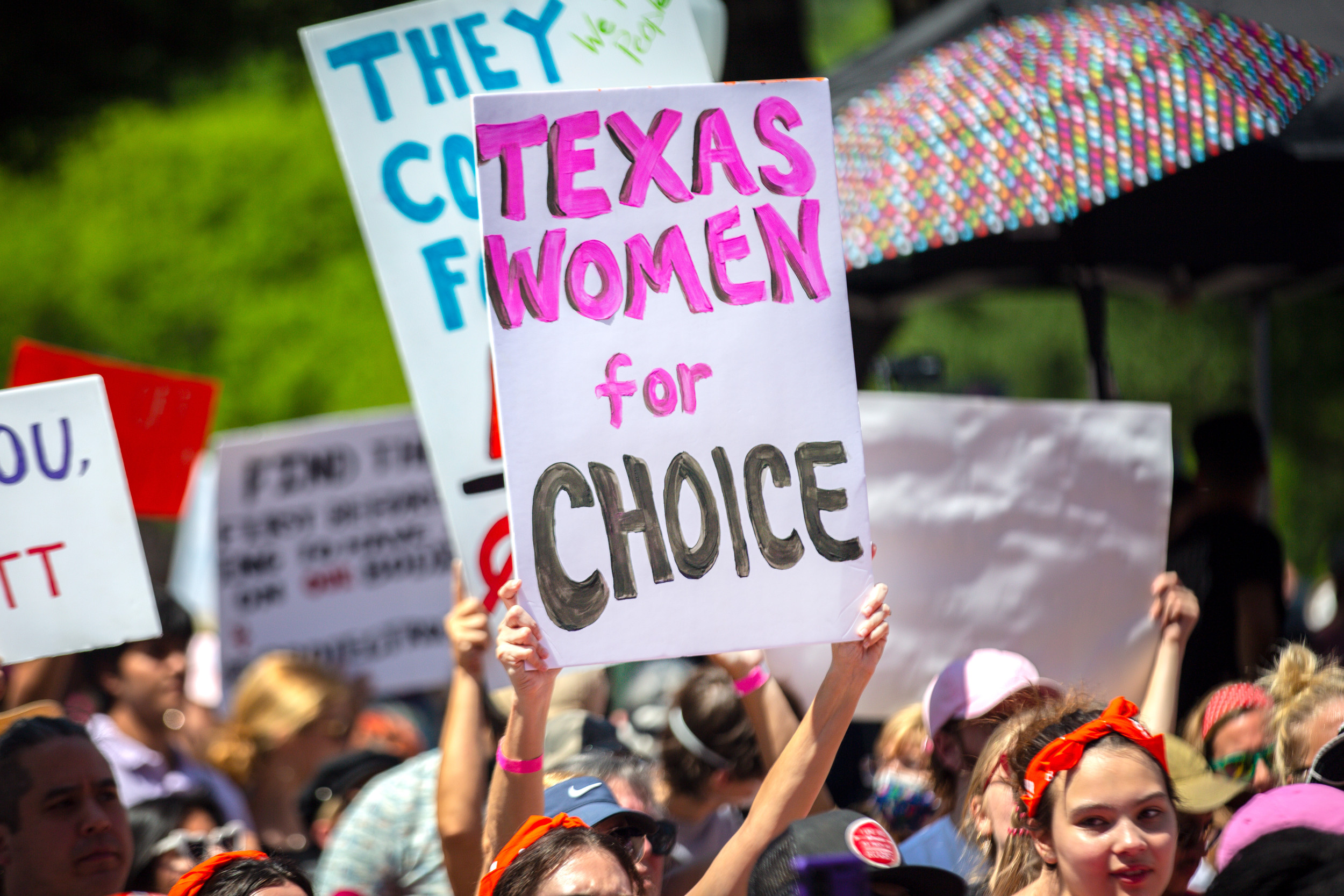The Supreme Court sparked outrage last week after it ended affirmative action in higher education, killed President Joe Biden's student debt relief plan, and issued a major decision impacting LGBTQ rights.
Although the court's 6-3 majority delivered big wins for conservatives, an analysis of the term that has just ended shows those decisions were among only a handful that were split along ideological lines and the court was more united than it appeared.
The most recent term saw the fewest ideological splits of any term in the past six years, according to a post on the Empirical SCOTUS blog written by Adam Feldman, a Supreme Court scholar who tracks court data, and Jake Truscott, a post-doctoral researcher for C-SPAN Scholarship and Engagement.
Only 11 of the 58 decisions issued in the term were decided by a 6-3 vote, the authors wrote in the post. They noted the number was just five if limited to ideologically split decisions.

That is the fewest ideologically split decisions the court has issued in any term since 2017, according to a graph included in the post.
It's a significant decrease from the 14 ideologically split decisions issued last term, including the bombshell decision in Dobbs v. Jackson Women's Health Organization that overturned Roe v. Wade, eliminating constitutional protections for abortion.
It's also fewer than the nine ideologically split decisions issued in the court's 2020 term when Justice Amy Coney Barrett's appointment cemented the court's conservative supermajority.
As Feldman and Truscott noted, the justices had again waited until the end of the term to release the most contentious decisions.
In its most recent term, the Supreme Court had the fewest “strict ideological splits” of any term in the last 6 years, according to an analysis by @AdamSFeldman & @JakeTruscott_44. https://t.co/6ytluqmdW9 pic.twitter.com/I1CzUtzsCq
— Kenneth P. Vogel (@kenvogel) July 2, 2023
"Like last term, many were decided along ideological lines," the authors wrote. "These included the highly anticipated decisions dealing with affirmative action, student debt, and the First Amendment."
They noted the court did not split ideologically on other high-profile cases involving election law and religious rights.
"This shows the Court with the addition of Justice [Ketanji Brown] Jackson moved away a bit from ideological split decisions this term, although the Court split ideologically in some of its most important decisions," they wrote.
The court's conservative and liberal justices joined together to rule that state courts can curtail the actions of their legislatures when it comes to federal redistricting and elections, rejecting arguments by North Carolina Republicans that could have dramatically altered races for Congress and president.
And in a unanimous decision last week, the court used the case of a Christian mail carrier who did not want to work Sundays to solidify protections for workers who ask for religious accommodations.
Newsweek has contacted Adam Feldman for further comment via email.








